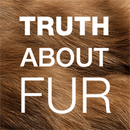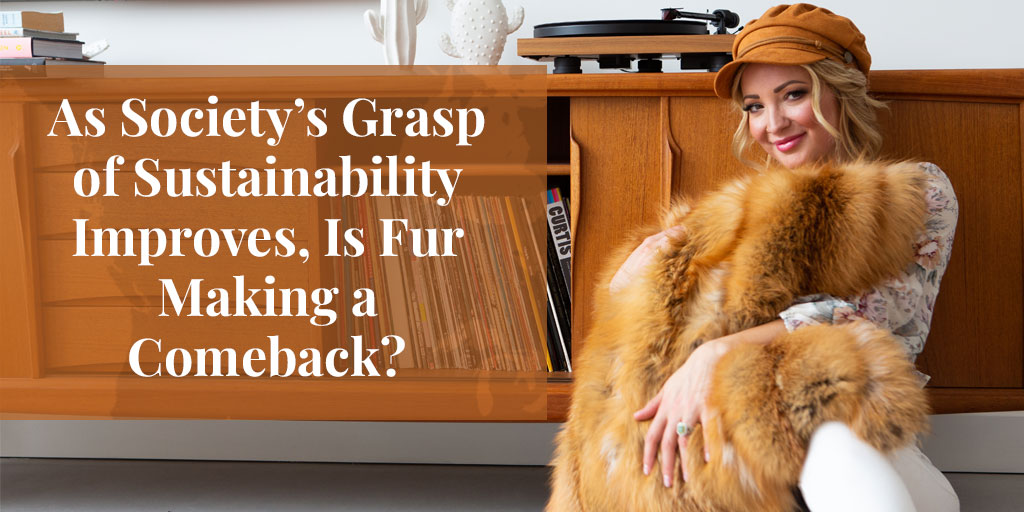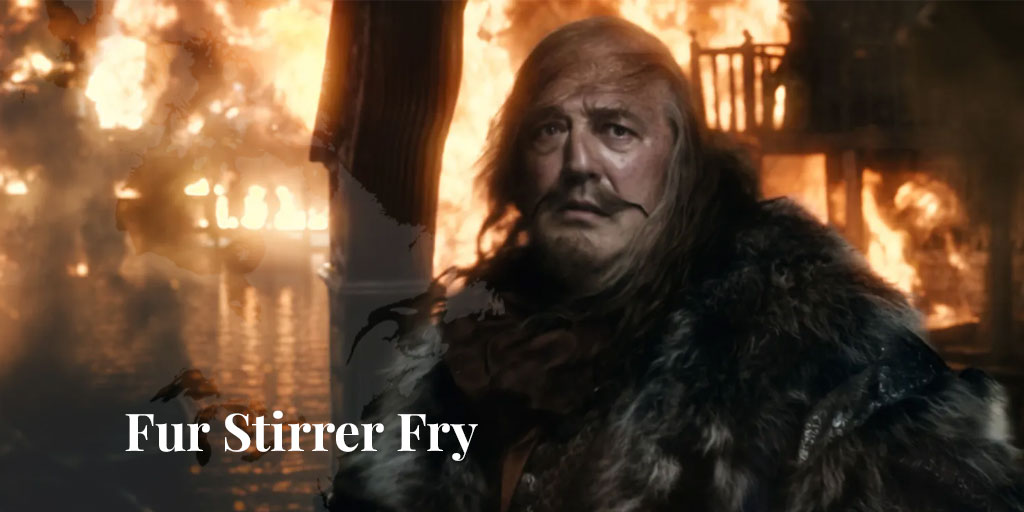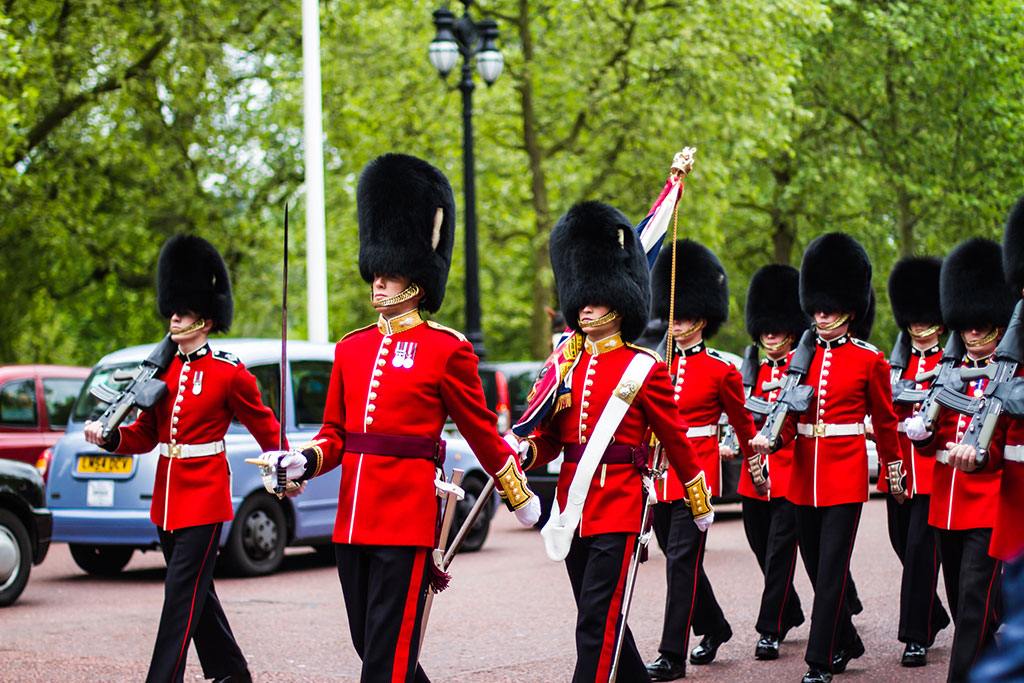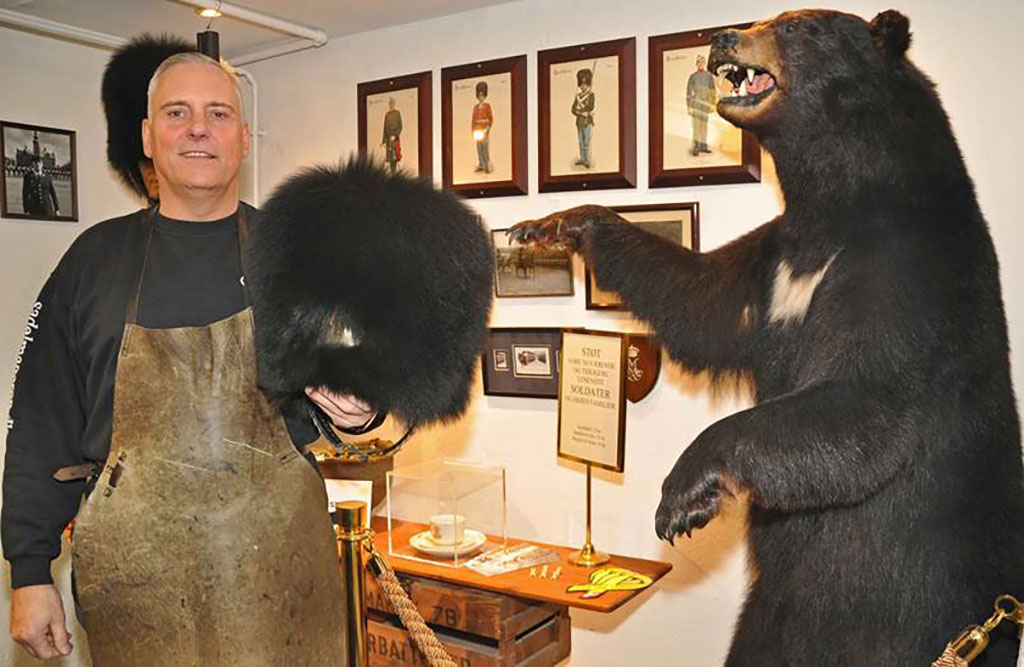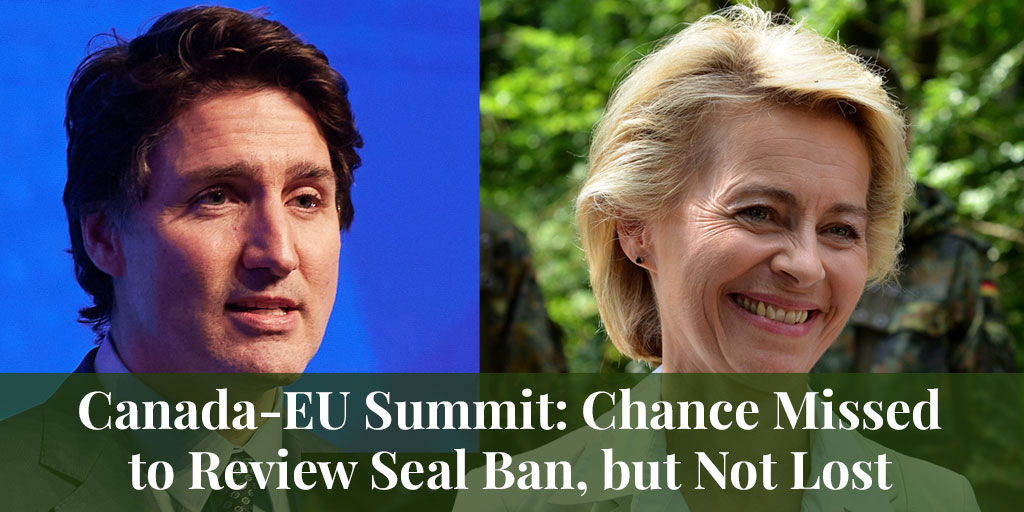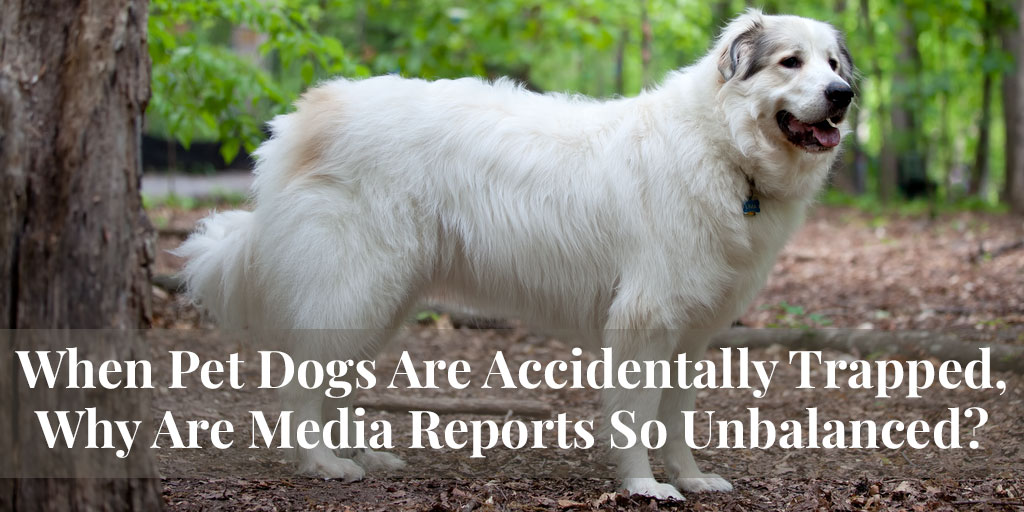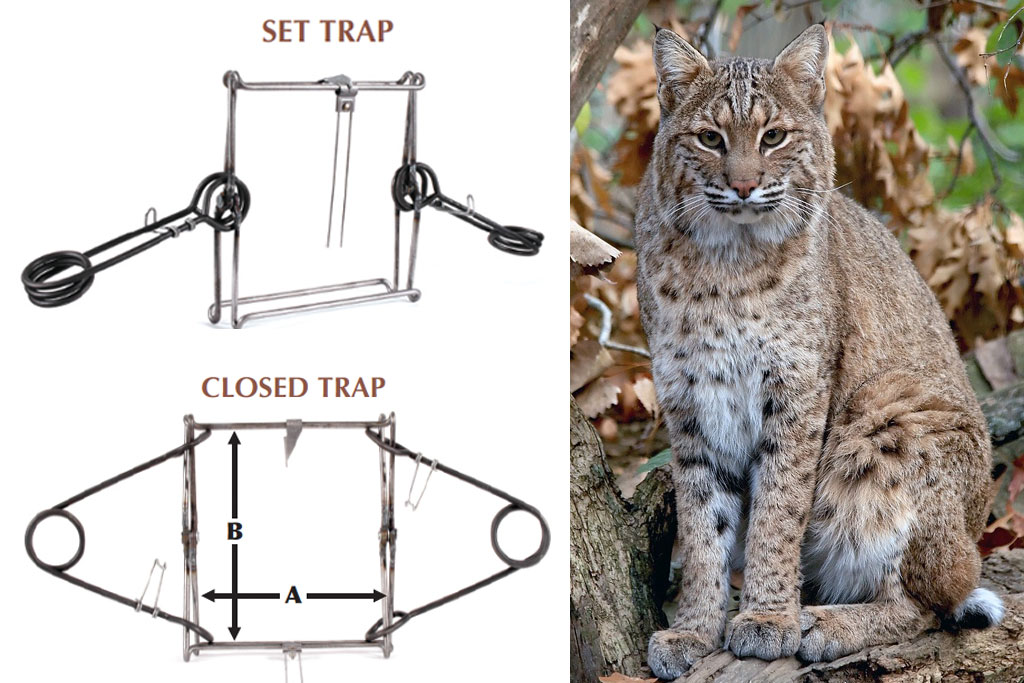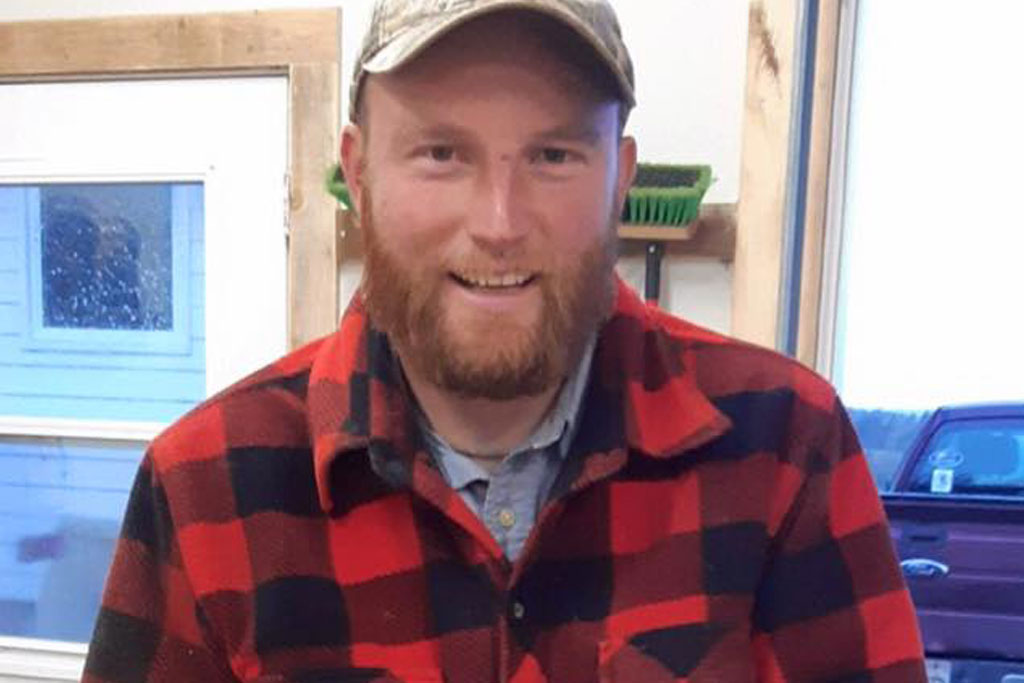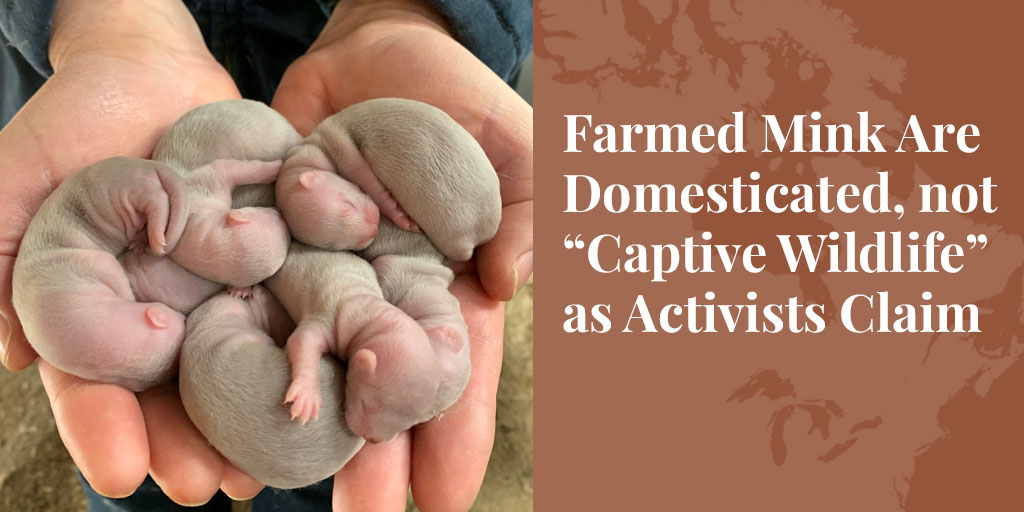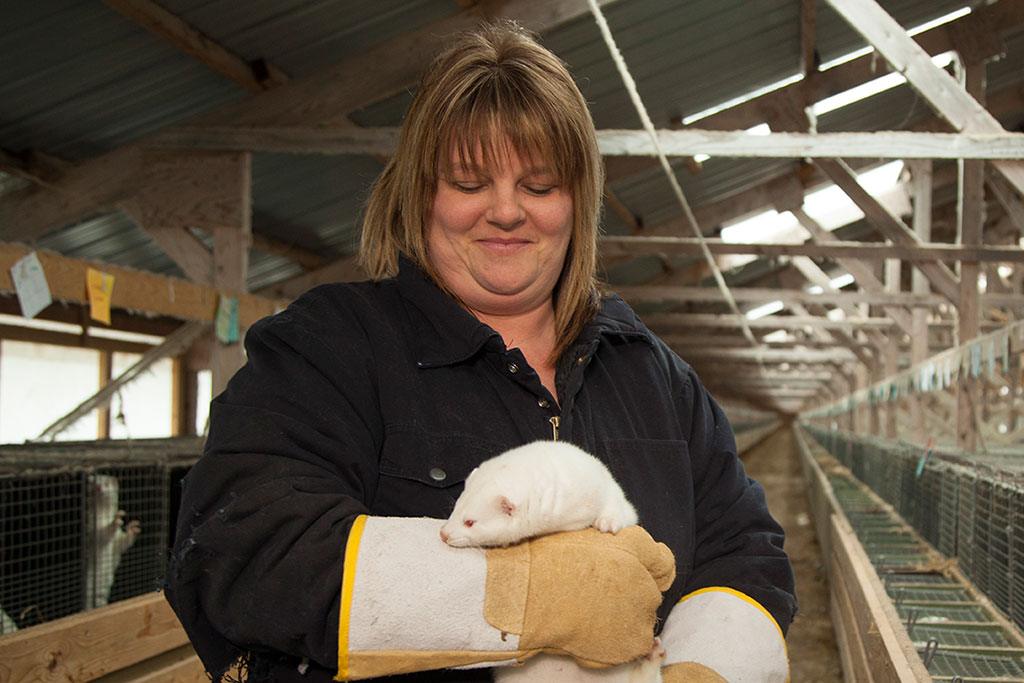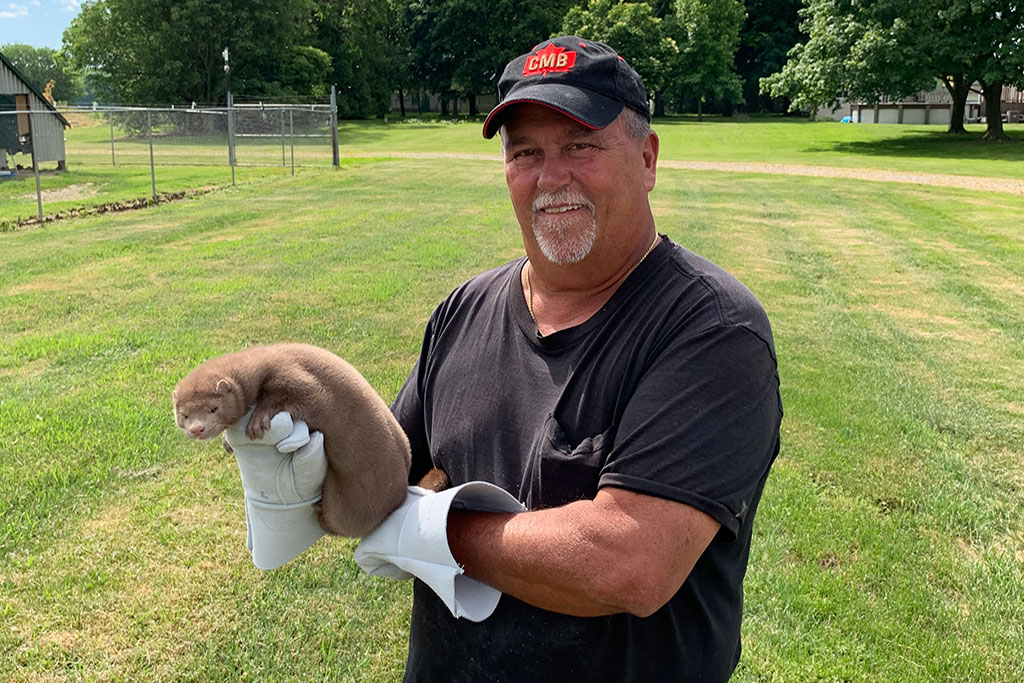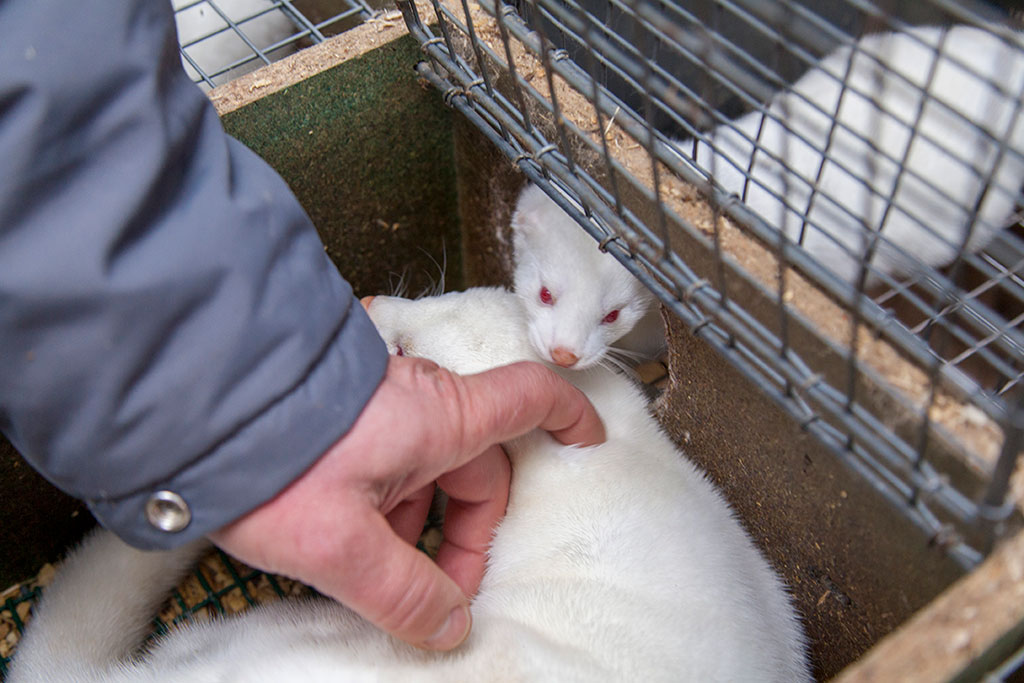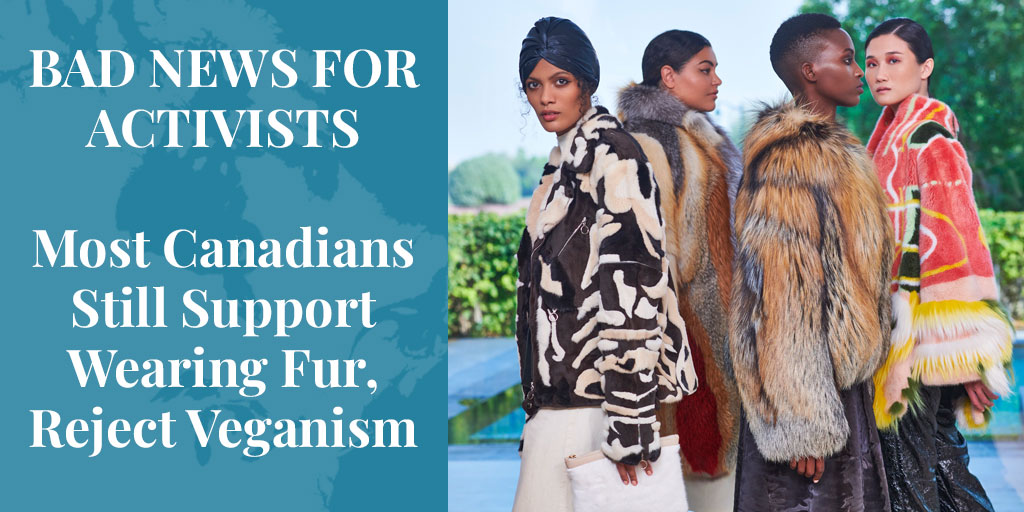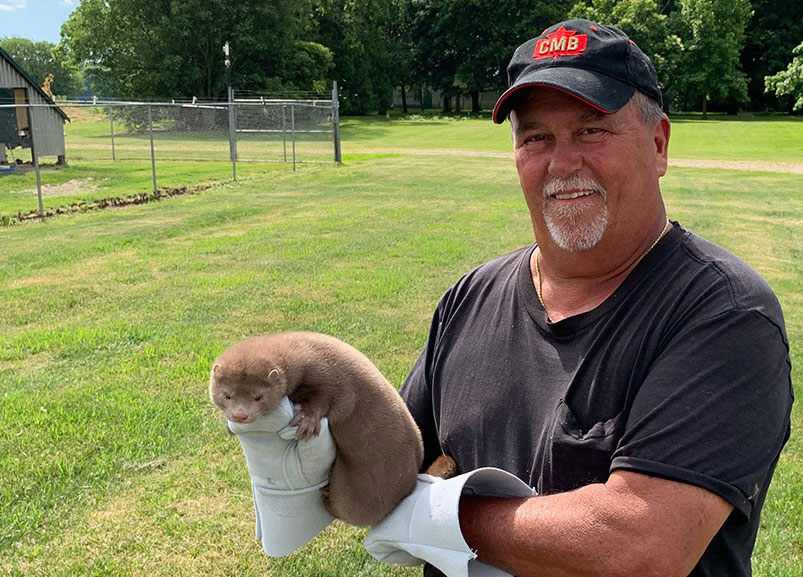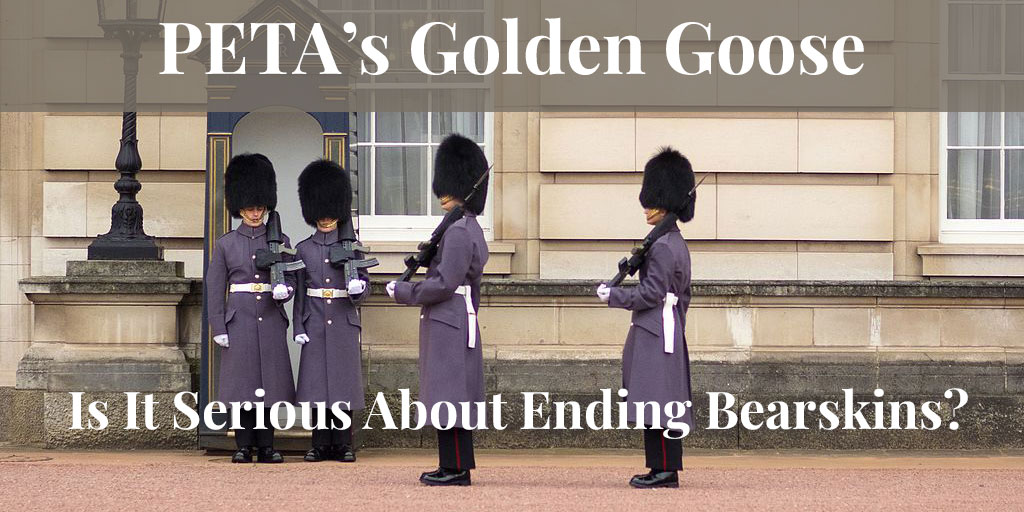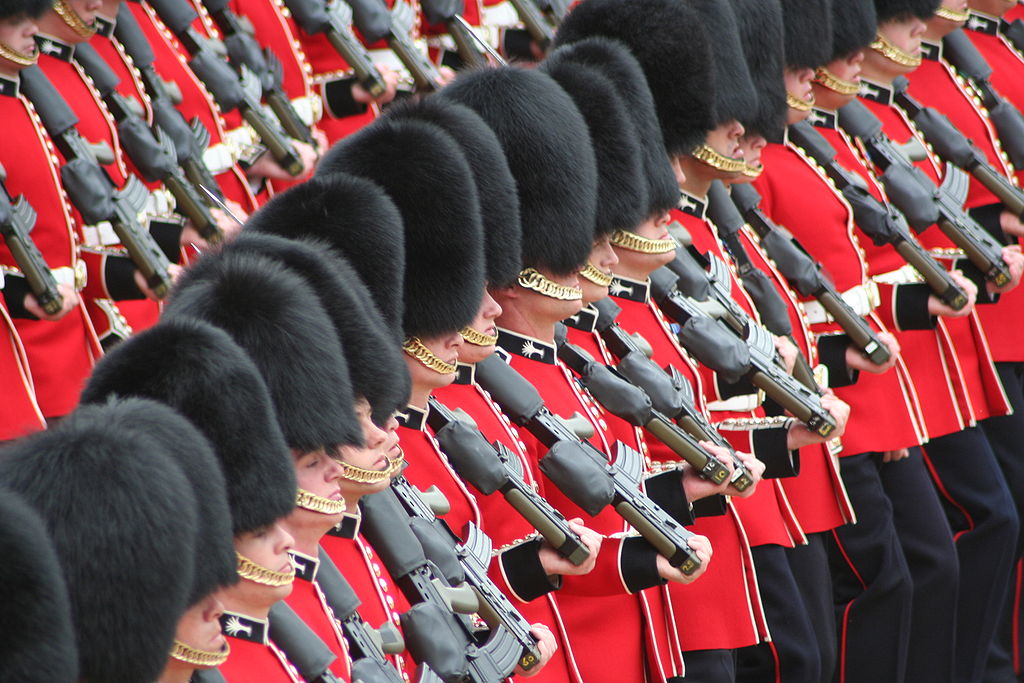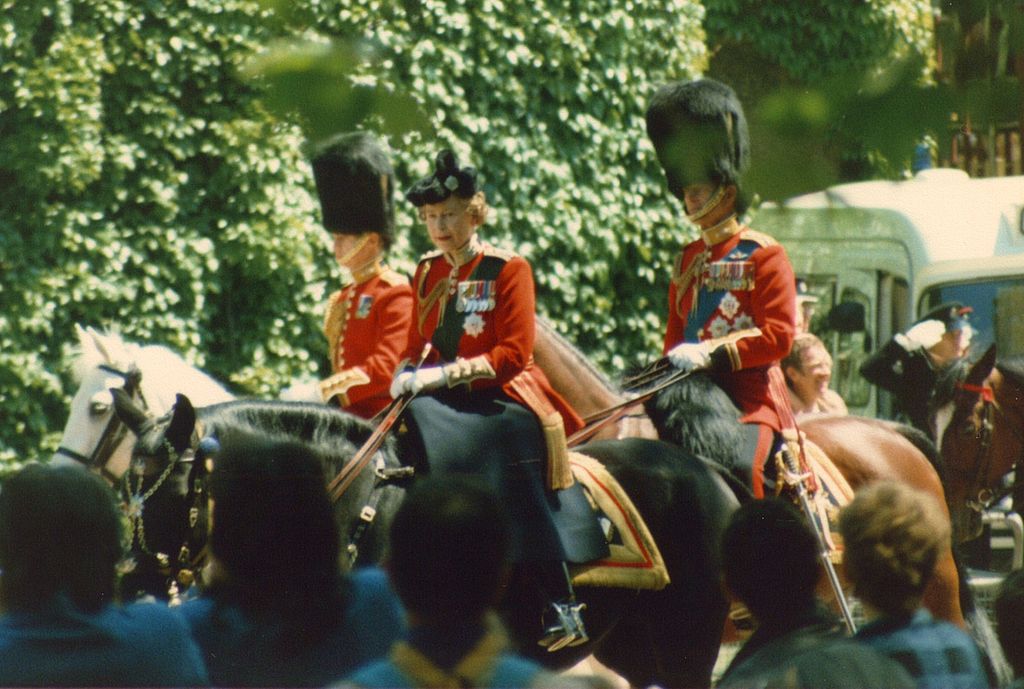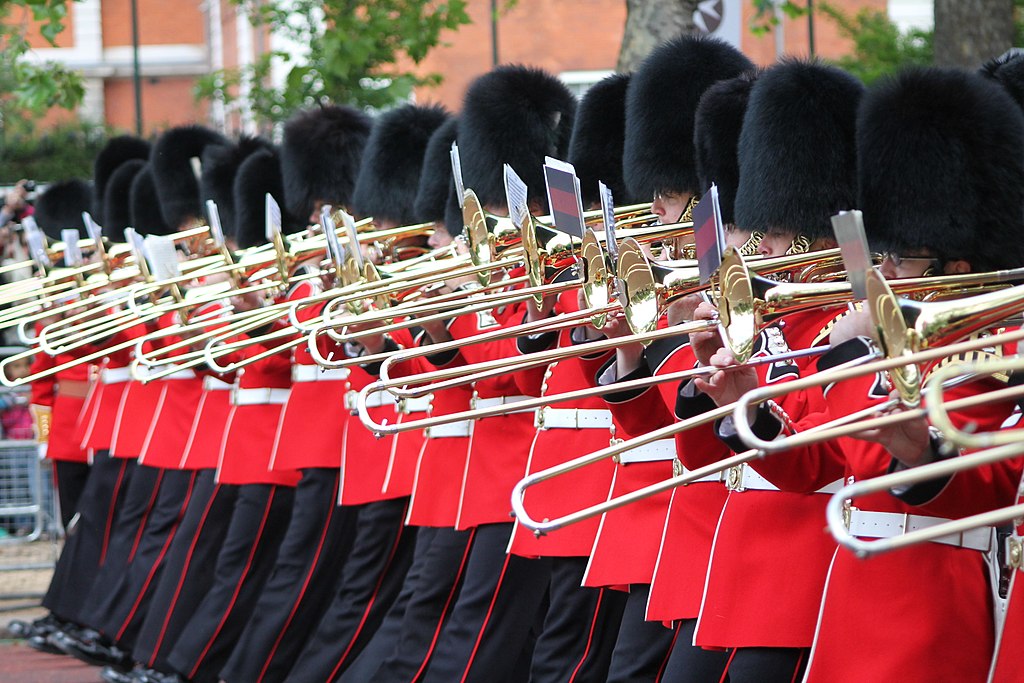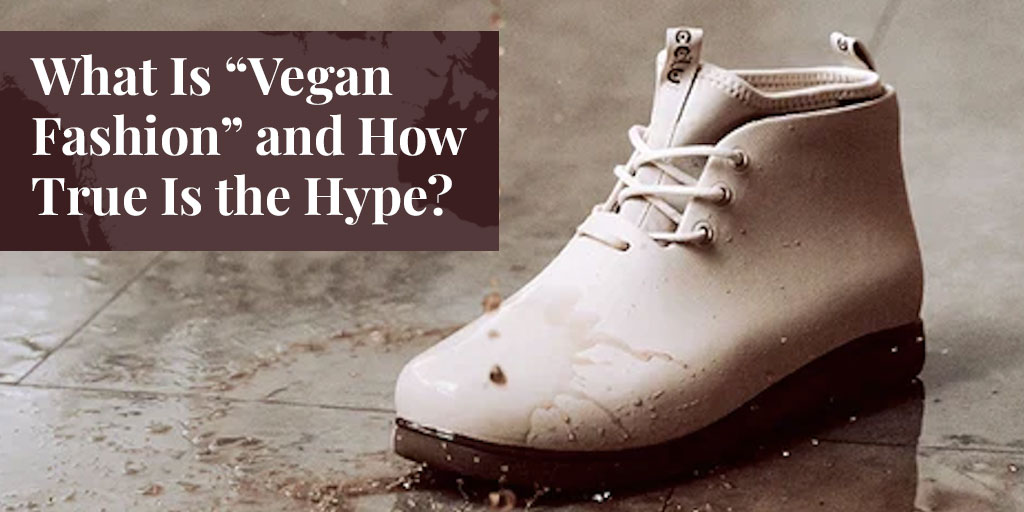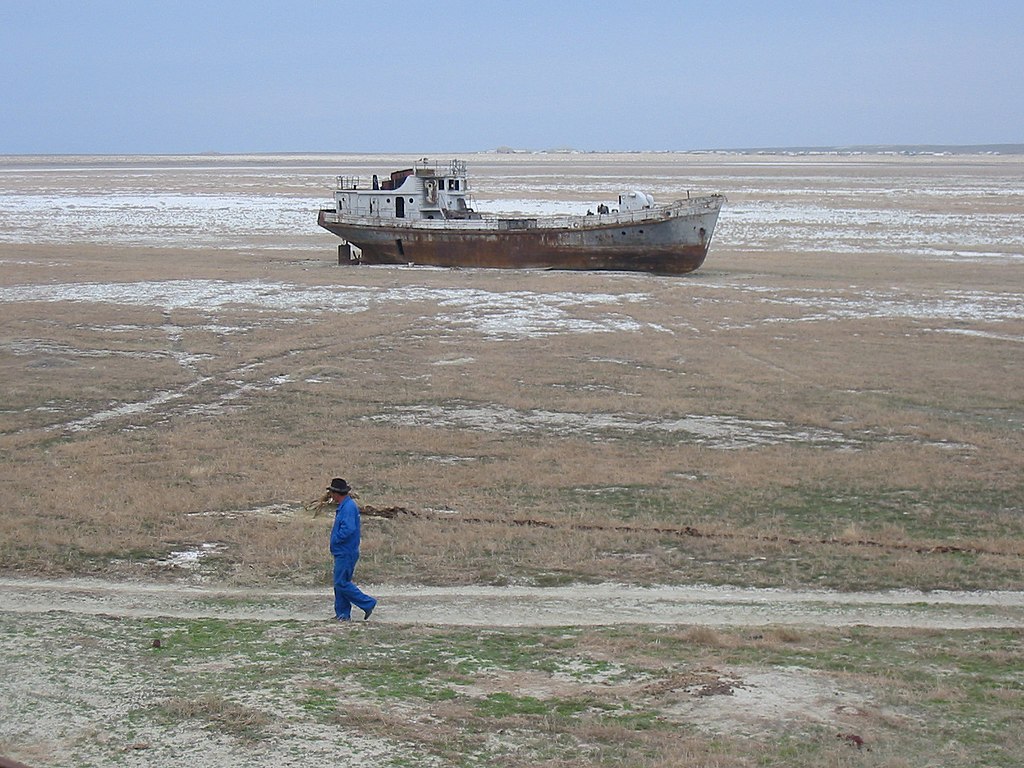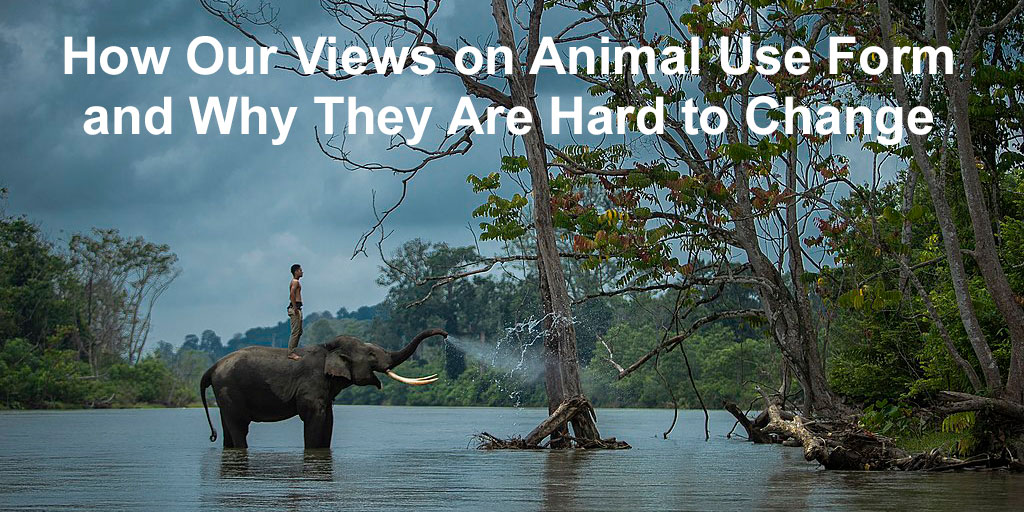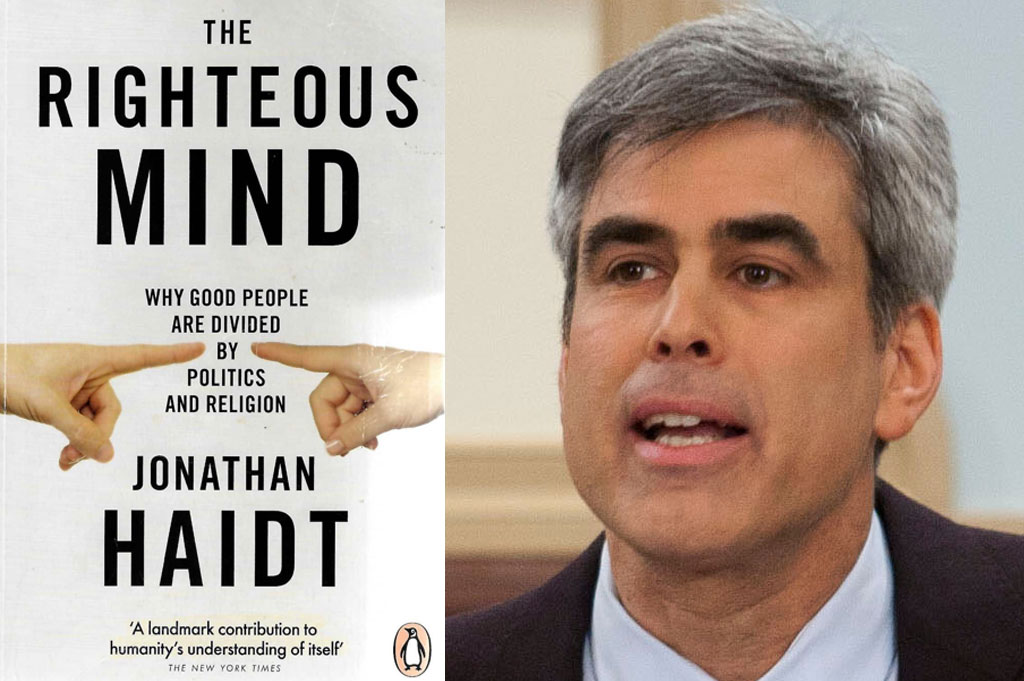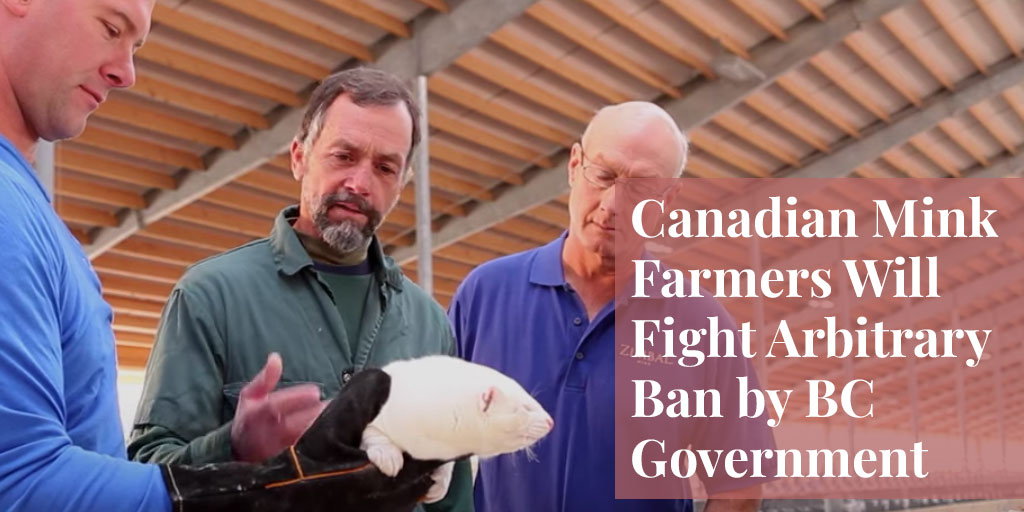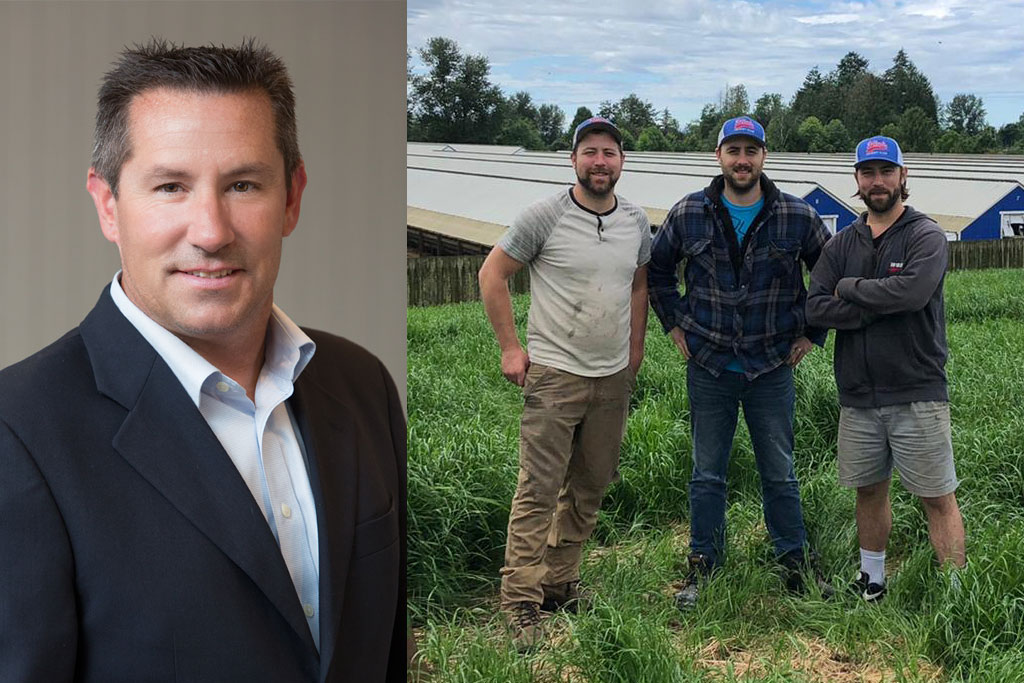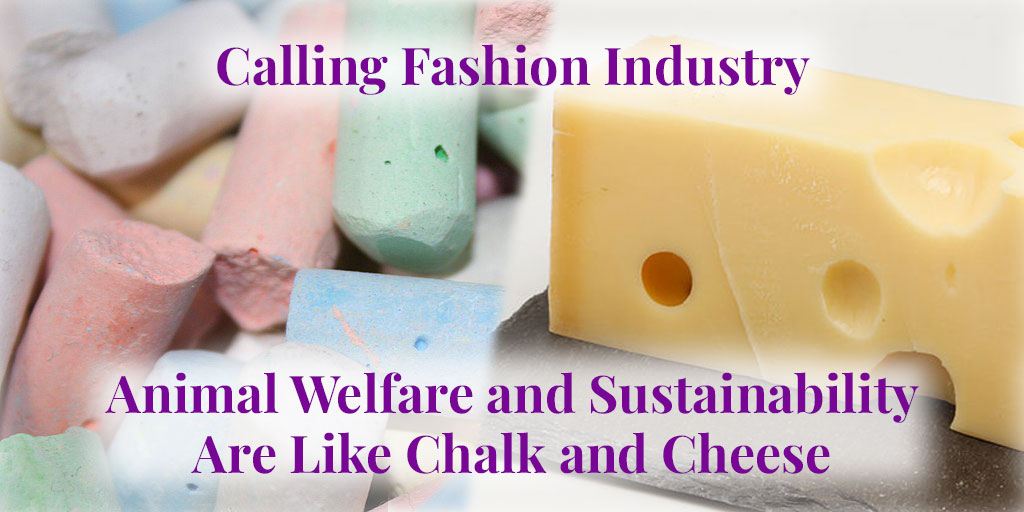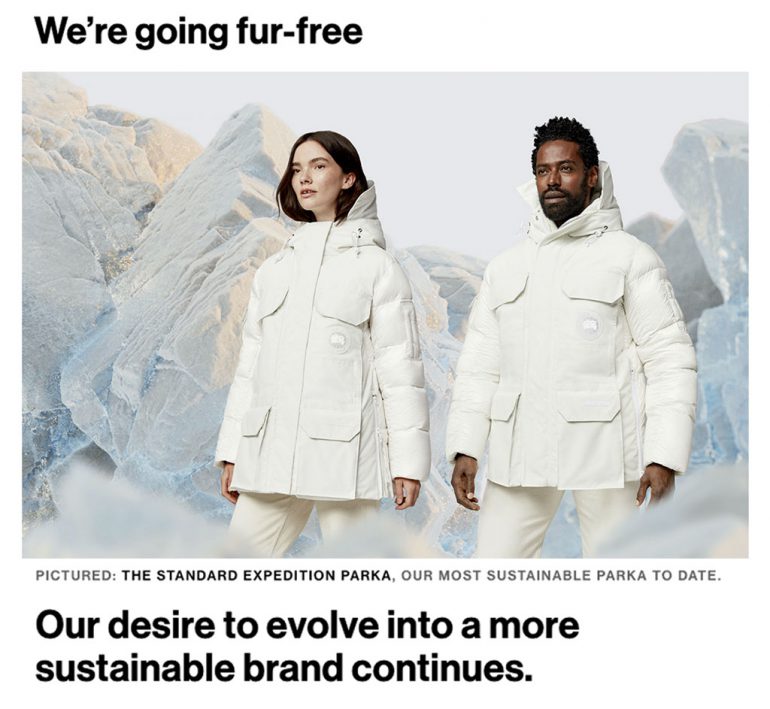I was just putting a salmon filet (marinated with mustard and maple syrup) into the oven when the phone rang….
Read More
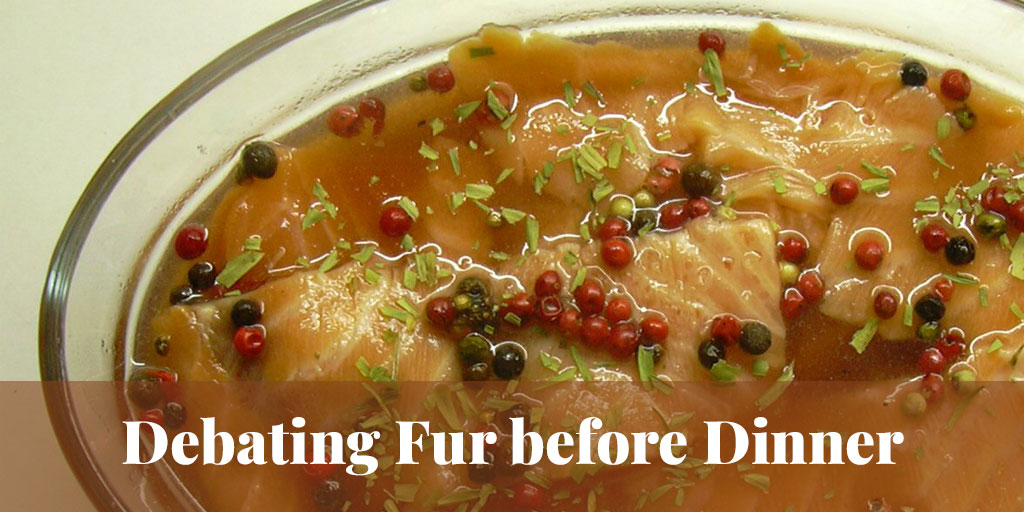
I was just putting a salmon filet (marinated with mustard and maple syrup) into the oven when the phone rang. Nothing was farther from my mind than debating fur as the young man on the line asked if I would be renewing my support for Friends of Canadian Media. But when I explained that I never responded to phone solicitations, he chose instead to ask about my email address. Why was “fur council” in the domain name?
“It’s a non-profit association that supports the Canadian fur trade,” I said.
“Why would the fur industry have a non-profit?”
“Because the Fur Council of Canada is an industry association, not a business. It provides services including public education about why fur is a responsible and sustainable choice.”
“How can using fur be sustainable when animals are going extinct?” he snapped. The tone of the conversation had heated up a notch or two.
“Well,” I began, “there are two types of fur. If we begin with wild fur, one of Canada’s founding industries, …”
“Canada was founded on the genocide of aboriginal people and the destruction of forests,” he interjected before I could get any further. “Just because it’s foundational does not mean the fur trade is morally acceptable!”
“Fair enough. But we were talking about animals going extinct. The modern fur trade is very well regulated. All the furs we use are now from abundant species.”
“But we don’t need to kill animals for fur anymore. There are alternatives!”
“You mean fake fur and the other petrochemical-based synthetics in more than 60% of our clothing? Synthetics that we now know shed enormous quantities of microplastics into the environment …”
“Yes, plastics in the water, in the animals; that’s not right either," he conceded. "But it doesn’t justify killing animals for fur. We’re destroying nature.”
“Using nature doesn’t have to mean destroying it,” I said, trying to remain patient. “In any case, we can’t stop using nature, we are part of it. But animals and plants produce more young than their habitat can support. Most of this ‘surplus’ feeds others; that’s the real meaning of ecology: all life is intertwined. If we don’t want to saw the limb out from under us, we have to protect the habitat where plants and animals live -- and use only part of the surplus that nature produces each year. That’s the original meaning of sustainability -- ‘sustainable use’ is a concept coined by the World Conservation Strategy …”
Being a young man of his time, my interlocutor had found the World Conservation on the internet as I was speaking.
“Yes, I see that the World Conservation Strategy was published in 1980. Nice ideas, but I guess they’re not working because there are more animals than ever going extinct,” he proclaimed smugly.
“But not because of the fur trade!" I replied. "Beaver and other furbearer populations were seriously depleted in much of North America by the early 20th Century. But thanks to excellent regulations – and policies supported by trappers – all those populations have been restored. The modern fur trade is a real environmental success story … a true example of sustainable use.”
SEE ALSO: Abundant furbearers: An environmental success story. Truth About Fur.
“That doesn’t mean it’s morally acceptable to kill animals for frivolous needs!”
Ping-Pong Debate

“OK, that’s a different question.” I was trying to keep cool, but I hadn’t eaten dinner, and I’ve had too many of these ping-pong debates with activists who keep shifting the ground as soon as you answer one of their misconceptions.
“But how can we condemn using fur as ‘immoral’," I asked, when 95% of Canadians eat meat or dairy, and use leather, wool, and other animal products?”
“I’d say 100%,” he said, catching me by surprise. “I am vegan, but I sometimes sit on leather chairs or sofas …”
“Good point.”
“… and I am against vaccines that are made with eggs or tested on animals, but I work with the elderly, so I was vaccinated. I have arguments with other vegans about these things, but I am fact-driven, and the facts say there’s no need for trapping.”
Let’s talk about that when beavers flood your basement, I was going to say, or when rabies spreads to within 40 kilometres of Montreal, as it is again right now. But just then I remembered: the salmon! I tucked my phone under my ear, donned my oven mitts, and pulled out the Pyrex dish of sizzling, golden-brown fish.
“Gotta let you go – dinner’s ready. But if you want facts you should check out TruthAboutFur.com.” Saved by the bell, I’d had enough verbal sparring for one night. Heck, I’m supposed to be retired!
Why Bother?
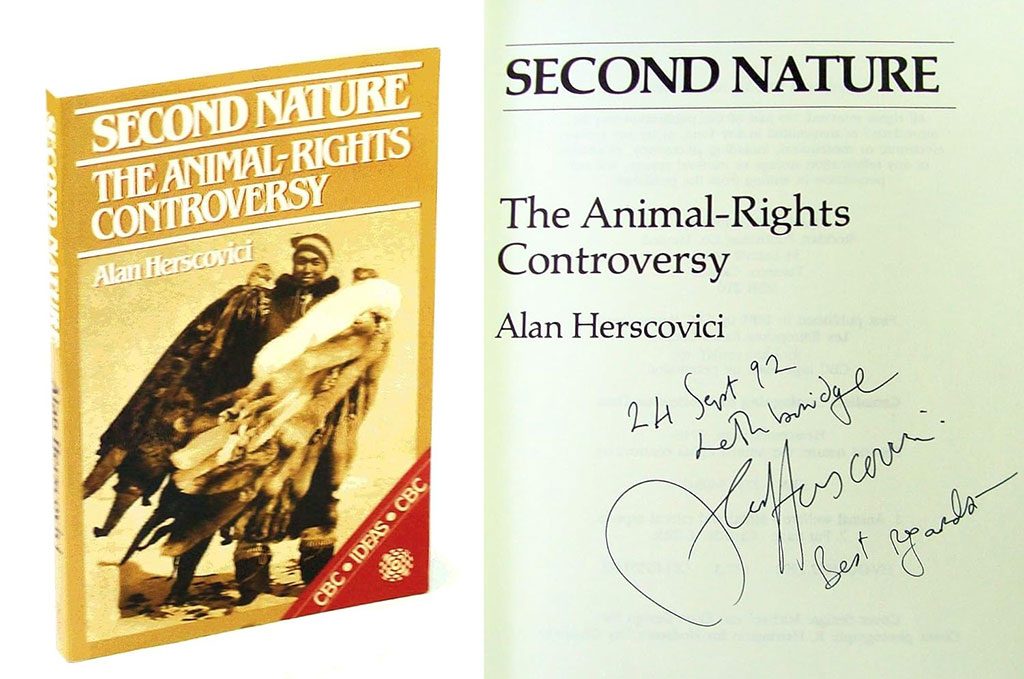
We made an effort to say goodbye in a fairly civilized tone, but my adrenaline was pumping. That old familiar feeling. I wrote my environmental critique of the animal rights ideology more than 30 years ago, and since then have participated in countless debates, interviews, op-eds, websites, communications strategies … but the fur trade remains an easy target for activists, and a favourite scapegoat for society’s confused guilt trip about nature.
Why do I still bother talking with these people? I suppose because it was clear that my phone friend really cared, he was sincere in his belief that the fur trade is evil, and he was passionate – much like me.
I suppose I could have asked what humans are to wear if fur, wool, and leather are verboten, and he acknowledges the problems with petroleum-based synthetics -- and most cotton production is an environmental catastrophe. Talk about a naked ape!
SEE ALSO: What is "vegan fashion" and how true is the hype? Truth About Fur.
But none of my arguments would sway him because he doesn’t believe humans have a right to use animals at all. (Which begs the question of why humans are the only animals that shouldn’t use other animals. Are we part of nature or aren’t we?)
Of course, we don’t really need to convince dedicated vegans like my caller – although I could have told him that I know several vegetarian furriers.
The good news is that most Canadians (like Americans, Europeans, and people everywhere) do believe that humans have a right to use animals for food, clothing, and other purposes. To win their support, we have to do a better job explaining that the modern fur trade is well-regulated, responsible, and sustainable. We also need to explain the positive contributions that trappers make to wildlife management, habitat conservation, and public safety.
As the aboriginal peoples of North America understood long ago, using animals is not incompatible with respecting animals. Quite the contrary: recognizing how important animals are for our well-being provides the strongest incentive for protecting their habitat to ensure they will be there for us tomorrow.
Speaking of which, the salmon was delicious!
